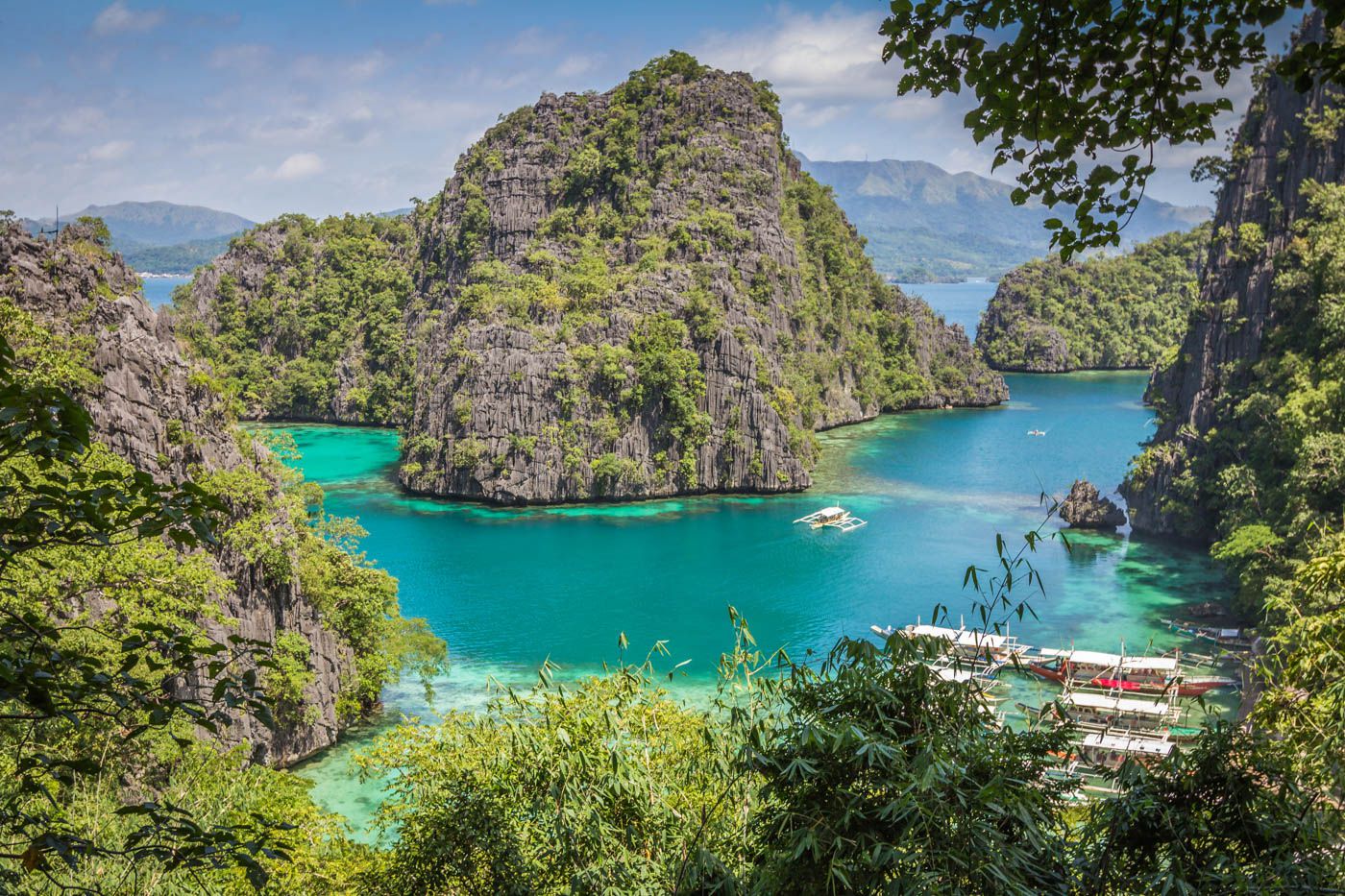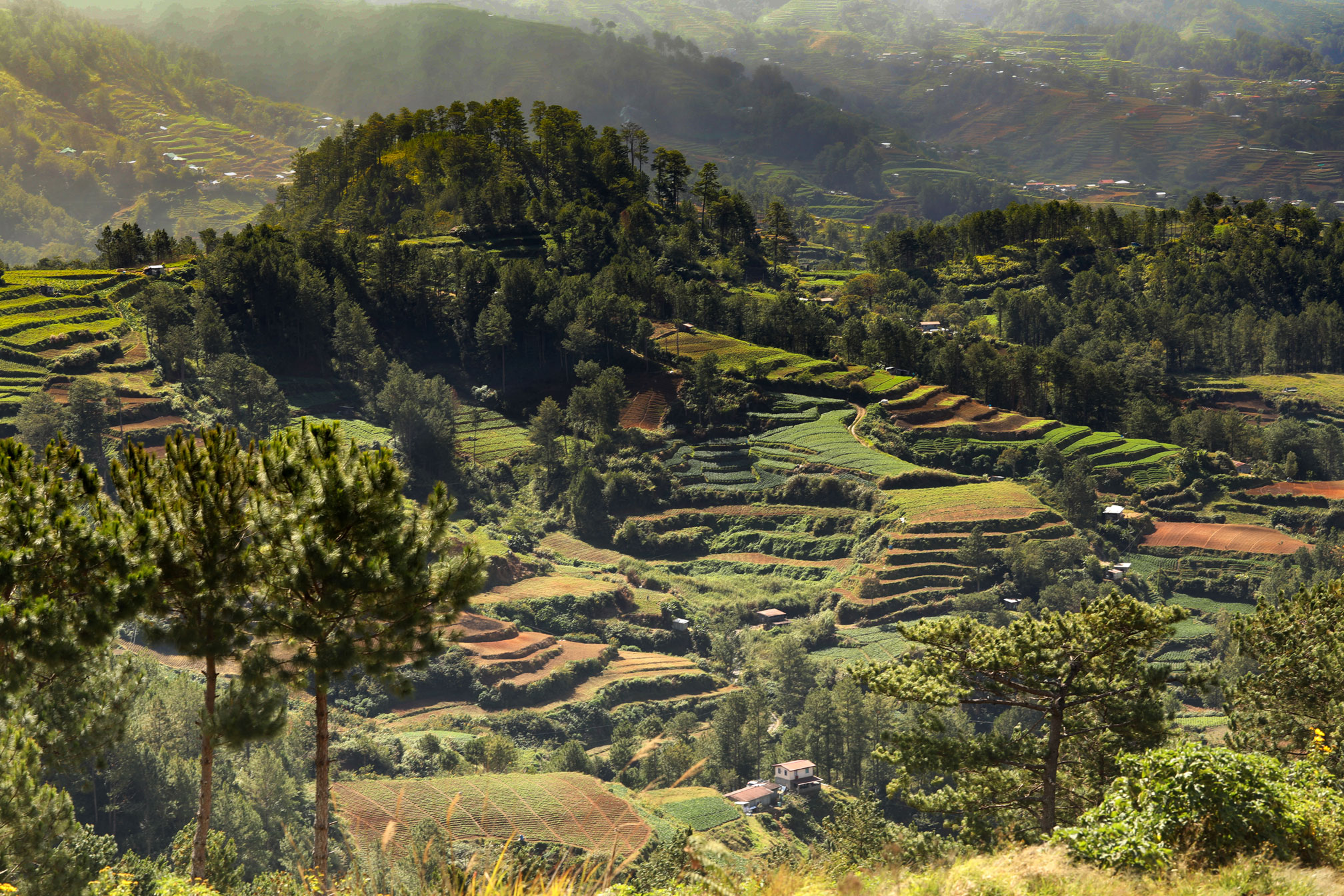
France
France, officially French Republic, French France or République Française, country of northwestern Europe. Historically and culturally among the most important nations in the Western world, France has also played a highly significant role in international affairs, with former colonies in every corner of the globe. Bounded by the Atlantic Ocean and the Mediterranean Sea, the Alps and the Pyrenees, France has long provided a geographic, economic, and linguistic bridge joining northern and southern Europe. It is Europe’s most important agricultural producer and one of the world’s leading industrial powers. France France France is among the globe’s oldest nations, the product of an alliance of duchies and principalities under a single ruler in the Middle Ages. Today, as in that era, central authority is vested in the state, even though a measure of autonomy has been granted to the country’s régions in recent decades. The French people look to the state as the primary guardian of liberty, and the state in turn provides a generous program of amenities for its citizens, from free education to health care and pension plans. Even so, this centralist tendency is often at odds with another long-standing theme of the French nation: the insistence on the supremacy of the individual. On this matter historian Jules Michelet remarked, “England is an empire, Germany is a nation, a race, France is a person.” Statesman Charles de Gaulle, too, famously complained, “Only peril can bring the French together. One can’t impose unity out of the blue on a country that has 265 kinds of cheese.” This tendency toward individualism joins with a pluralist outlook and a great interest in the larger world. Even though its imperialist stage was driven by the impulse to civilize that world according to French standards (la mission civilisatrice), the French still note approvingly the words of writer Gustave Flaubert:



 Palawan
Palawan
 Cavite
Cavite
 Mountain Province
Mountain Province